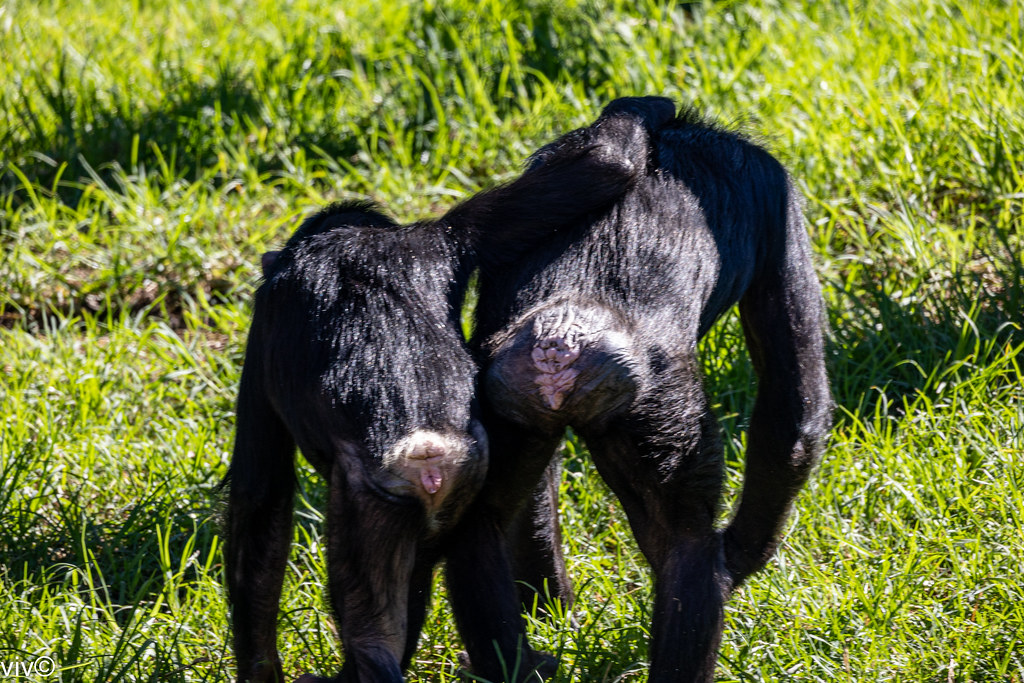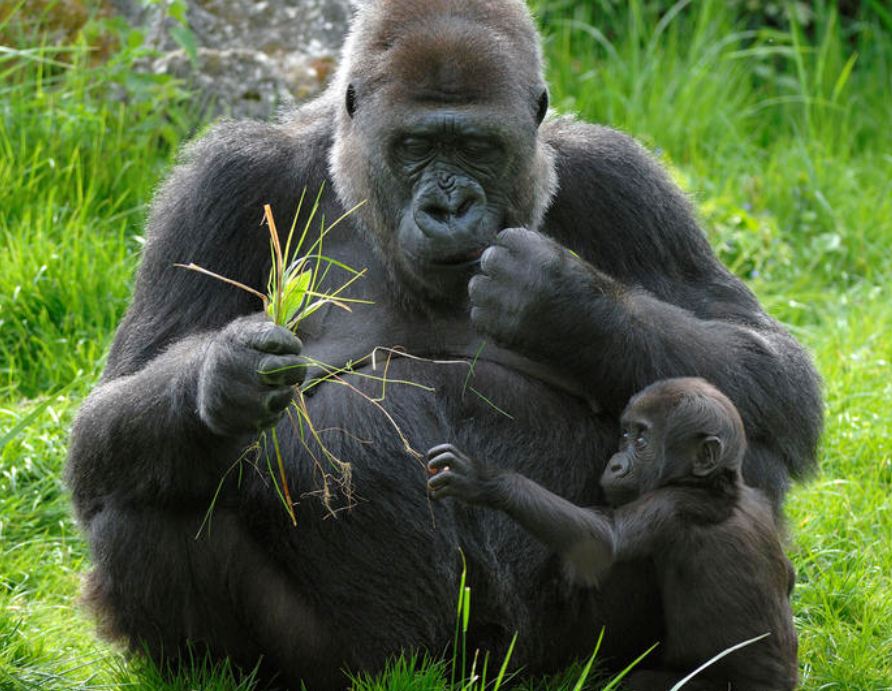The Chimpanzee Endangered Species
The Chimpanzee Endangered Species: Chimpanzees, which can be found in African rainforests and other locations worldwide, are currently listed as endangered species. Along with gorillas and orangutans, the endangered chimpanzee species are members of the Hominidae family. Pan troglodytes is the scientific name for chimpanzees. Since they share 98% of the human DNA, chimpanzees are the most closely related wild animal to humans, even though they belong to the same family as other primates. If you claim that humans are only 2% more advanced than chimps, you are absolutely correct. Although we are all aware that it cannot be confirmed, this fact attempts to validate the archeological evidence that humans descended from chimps.
Chimpanzees, an endangered species, have long resided in equatorial regions of the planet, particularly Africa, which stretches from southern Senegal through central Africa and Tanzania. The USA is nearly the size of this. A few years ago, there were more than a million chimpanzees in Africa’s tropical woods. However, beginning in the 20th century, the number of chimpanzees in Africa began to decline. There are currently less than 200,000 chimpanzees in Africa. The question remains: what may be a real explanation for the population’s continued decline as the seasons change around the world?
Numerous studies have shown that the destruction of natural habitats, including tropical forests, is the primary factor contributing to the global decline in the number of endangered chimpanzee species. Alongside the expansion of civilization around the world, great devastation of natural resources has also occurred in Africa. Africa’s woodlands are being destroyed as a result of development. Additionally, a lot of trees have been cut down to make way for settlement areas, which is visible around national parks. As a result, chimpanzees and other wild creatures migrate since nearby residents continue to encroach on park property.
Numerous incidents involving animal trafficking have been documented. For a long time, chimpanzees have been removed from their natural environments and sold as pets. This goes against the environmental fidelity principle, though. Because of their charming little faces, young chimpanzees are mostly targeted for the pet trade, which is dangerous and against the law. Numerous sanctuaries have been set up to care for the chimpanzees that have been rescued from the pet trade, and governments have been combating it. Around the world, and particularly in America, a lot of pets are kept in circus cages.
The fact that many chimpanzees are hunted for food in Africa is another unreal but real factor that has caused the species to decline to the point that it is considered endangered. Wild meat has gained a place in the food markets, particularly in west and central Africa, such as Senegal and Congo. As a result, the number of chimpanzees in Congolese woods has drastically decreased. The practice is so widespread that other nations have begun to adjust to eating chimpanzee flesh, which has led to a rise in poaching in Africa.
The fact that chimpanzees are currently endangered is also partially due to the viruses that affect these endangered animals. Natural illnesses known as pathogens can be present in chimpanzee ecosystems. A fall in the chimpanzee population is unavoidable due to human meddling and the fact that, like any other living animal, chimps grow sick and die. Additionally, human tract infections like the Ebola virus, which kills millions of humans in West Africa, are causing chimpanzees to die in Congolese woods. Along with other reasons, this has contributed to the decline in chimpanzee populations in Africa.
Chimpanzees were known to be most prevalent in east and central Africa’s congo woodlands. However, at the moment, Kibale National Park in East and Central Africa is the only place where you can be certain of a 100% possibility of seeing chimpanzees. With more than 1500 chimpanzees, the most of whom are habituated, Kibale National Park is referred to as the primate capital of the world and is home to the largest concentration of chimpanzees on the African continent. Chimpanzees are found in other nations, though, including Rwanda, Tanzania, and the Congo.
Although there may not be much that can be done to slow the rate at which chimpanzees are going extinct in African woodlands, the fight is difficult and ongoing. Many African nations have become more aware of the risks associated with poaching, which has demonstrated some responsiveness. To investigate the poaching issue, anti-poaching patrols have been placed in national parks. This is a plea for all environment lovers to work and take action to allow chimpanzees to repopulate in their native habitats without human intervention, as the species may go extinct in the next years if efforts are not increased.



